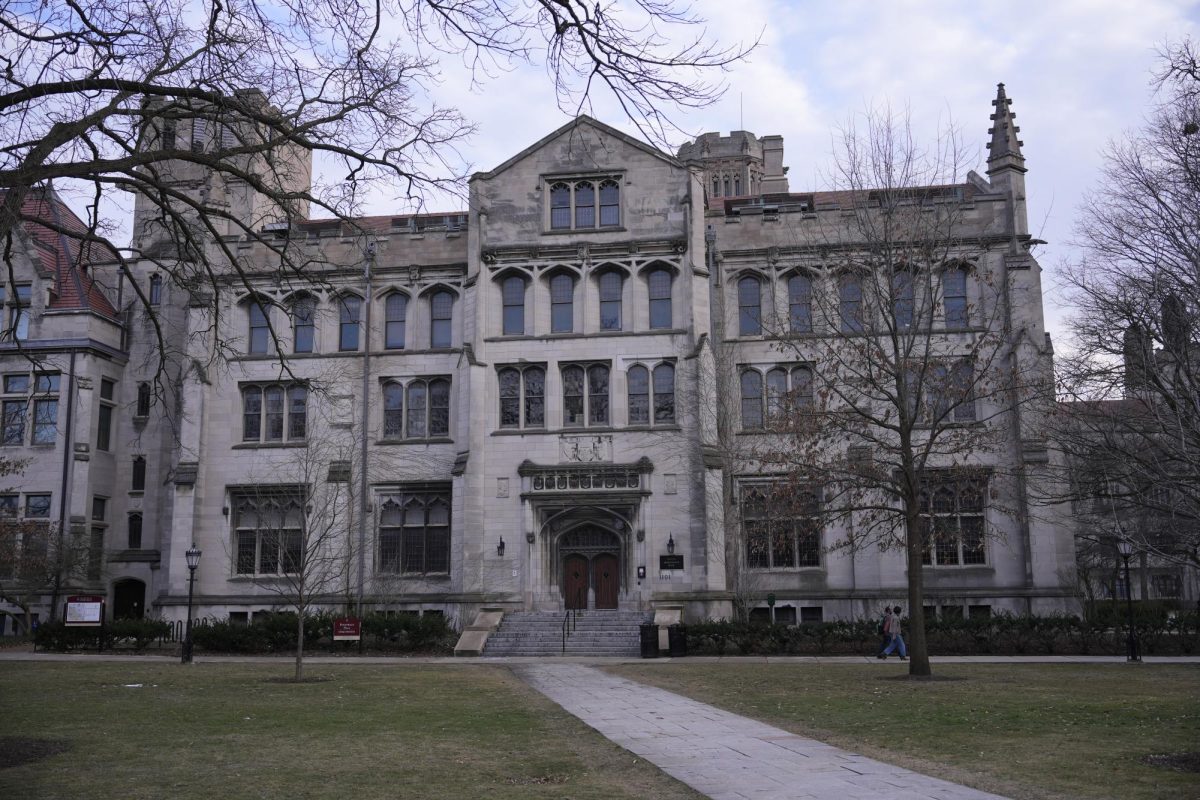Though certainly upsetting, the revelation that the seemingly purposeful and focused Tiger Woods behaves like an aimless libertine in his personal affairs is far less disturbing than the public’s general reaction to this disillusioning truth. While some liberals critique him as a superficial corporate creation whose illusion of decency has been shattered, and some conservatives suggest that a religious conversion is necessary to redeem his soul, most echoed the same resigned conclusion: “Tiger Woods is only human, after all.” In the words of Ben Wyatt, of CNN’s World Sport Blog, “The intrigue generated by a figure…proved a powerful draw to global consumers of news…through curiosity that the machine-like forger of fortune had revealed himself as a human capable of mistake after all.” The popular acceptance of this notion, that to be human is, in its most fundamental essence, to be corrupted and compromised, is far more tragic than Woods’s particular misdeeds. To equate the dishonorable with the human is to regard the honorable as an aberration or accident, as something beyond the human, making moral transgressions not offences against a good that could have been obtained, but the expected relapse into a state of natural moral disregard.
Why do people have this viewpoint? The basic root of the idea that “good” is above the reach of man lies in the Christian doctrine of original sin, which states that vices are to be expected, since man’s basic nature is tainted from birth. Given a supernatural standard of ethics, original sin is a necessary doctrine since, if the good is not sought in a worldly standard, but in another godly dimension inaccessible to humans, man must, by his inability to wholly transcend worldly experience, be unable to achieve full moral virtue. In this view, some atonement for sinful nature may be possible, but only through alignment with a better, otherworldly realm. Man alone, as a creature of the earth without the redemption of his God, must rot in depravity and decay.
While the modern world has questioned the existence of a godly realm, it has left unquestioned the ethical corollary of religious belief: original sin. People’s attitude toward morality has remained one of humble piety, accepting the notion that their earthly existence cannot be moral on its own terms. Thus retaining the attitude that morality must be something beyond the human, but without the standard of a supernatural order, the modern attitude is one of cynicism toward ethics. Our inherited understanding of the good, still informed by the notion of original sin, leaves man seeking standards in another world he cannot find.
Taking the achievement of the good as a superhuman enterprise in this way undercuts ethical foundations at their very base. For all the shock over the revelation of his infidelities, the judgment rendered against Woods was largely not made from an attitude of moral righteousness. Accepting that man’s nature is fallen by default denies the possibility of such confident moral judgment. If man is fallen, and sin is to be expected, why should it at all shock or revolt those who disapprove of it? This psychology paralyzes judgment, since, if everyone is sinful simply by virtue of their humanity, any judgment of moral inferiority is unjustified. Note that the predominant reaction toward the revelation of Woods’s moral crimes was not outrage, but the surprised sense that he was just like everyone else, so that the public did not censure him as the breaker of a proudly upheld moral code, but a fellow sinner who had crossed a line he was expected to cross. As Jennifer Donahue of The Huffington Post commented, “We are again stopped in our tracks by Mr. Woods and the human condition, unable to turn away from the shared experience that defines every one of us, and hoping it is not ourselves we are watching on TV.” This collective acceptance of a flawed nature amounts to the negation of ethics as a positive search for the good into mere quibbling about how much evil can be indulged.
The ethics of the human as inherently perverted, based on this notion of original sin, is a relic of religious striving for a union with another world, and must be discarded if we are to achieve any greater understanding of the good. If ethics don’t come from the supernatural, but from the natural standards present in man and inherent in his functioning, then the good must be included in the scope of the human, in that it is something accessible, if not guaranteed, to humans on earth. To claim that the quintessentially human attributes reside in man’s worst potentials is to spit in the face of one’s species. Dissolution, depravity, and moral decay require no special effort, yet the human life is made unique by the capacity for reasoned, directed action. Man distinguishes himself by the ability to transcend animal inclinations in favor of a consciously chosen, demanding life of achievement and ever-growing ability, a life not to be shamefully compared against some heavenly order, but enjoyed with pride as good on its own terms. It should be in response to his persistence, focus, and ability on the golf course that we dignify Tiger Woods with the label of human, not in response to his shortcomings. Those who claim that Tiger Woods is human for his vices should observe the sum of mankind’s achievements, from the sciences that preserves life to the arts that manifest its flourishing, and reconsider if “human” should be taken as a slur.
— George Saad is a second-year
in the College majoring in classics.








